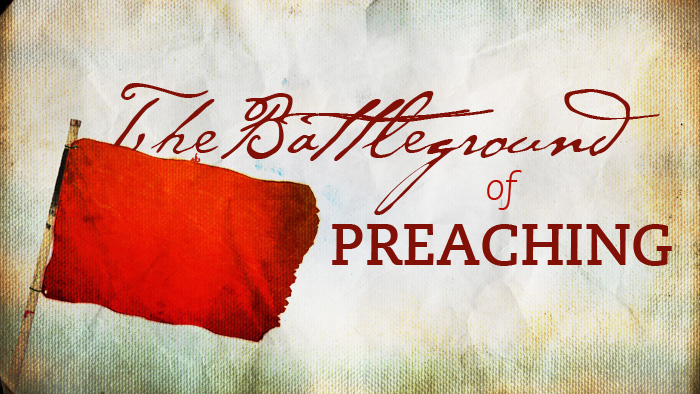
Lord willing, later tonight The Upper Room rides again at IDC. TUR is our somewhat regular men’s gathering. It’s our standard practice to sing, eat, and then throw some topic on the table for extended discussion and prayer. Tonight we plan to answer this question, “What Does God Require from His Men?”
Knowing that the question can be answered biblically from a variety of places in Sacred Scripture, tonight’s aim is to walk through Paul’s qualifications for elders in 1 Timothy 3. An elder is to be an example for the church (1 Pet. 5:3), and a mold pressed into the lives of his members, so they attain a similar shape of godliness (1 Tim. 4:12). Therefore, with confidence, we can answer the above question by saying, “Look at what God requires of His shepherds.”
One thing we will do tonight in small groups is try to give somewhat ordinary, everyday definitions to Paul’s requirements. Here’s my stab at the fourteen listed in 1 Timothy 3:2-7.
[Somewhat] Colloquial Definitions for Elder Qualifications
1) Above reproach: It would be surprising (even shocking!) to discover this man fell into sin. His reputation is one of exemplary character and pervasive holiness.
2) The husband of one wife: In thought, word, and deed he is satisfied with the wife of his youth—the marriage bed is kept pure.
3) Sober-minded: He is not given to fits of passion, but is steady in mind and spirit.
4) Self-controlled: He keeps his emotions constrained with love to Christ.
5) Respectable: His typical behavior is orderly and worthy of honor.
6) Hospitable: He consistently seeks to love any and all who are strangers to him.
7) Able to teach: He knows sound doctrine and loves to talk about it, defend it, and commend it.
8) Not a drunkard: Concerning the fruit of the vine, the Spirit controls him—as He does in everything else.
9) Not violent but gentle: He is unacquainted with temper tantrums, but is a best friend of those virtues named Patience and Kindness.
10) Not quarrelsome: He seeks not to complain or argue; he instead proves true the old maxim: “Meekness is not weakness.”
11) Not a lover of money: He is not a greedy mercenary always occupied with the cash money; his storehouses overflow with heavenly treasures.
12) He must manage his own household well, with all dignity keeping his children submissive: His children rise and with loving reverence say, “That’s my Daddy. I follow him as he follows Christ.” The glad gravity of godliness—which the Great Apostle calls dignity—seasons all his parenting.
13) He must not be a recent convert: Christ has been his constant companion and chief delight for many years.
14) Well thought of by outsiders: Those outside the church judge him faithful in all things.


